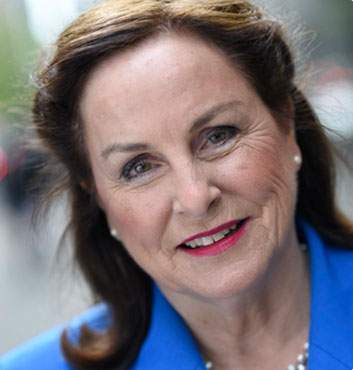According to a National Institute of Drug Abuse’s study of young urban injecting drug users interviewed between 2008 and 2009, 86% had used opioid pain relievers non-medically BEFORE they used heroin. Their sources were: family, friends or personal prescriptions (Lankenau et al, 2012).
In the 1960’s, however, more than 80% of people entering treatment for heroin addiction, STARTED with heroin. However, in the 2000’s, 75% reported their FIRST opioid was a prescription drug (Cicero et al, 2014).
Between 2011 and 2017, opioid overdose deaths continued to rise although the rates of opioid prescribing dropped by 25%. (CDC Wonder). In 2019, the National Institute on Drug Abuse reported 70, 237 overdose deaths.
How does a parent know if the prescription drug their doctor gives their child, for a broken arm, for example, or an illness going to lead the child down the rocky road of addiction?
Acknowledging the epidemic levels of chronic pain and opioid use disorder, the American Association of Critical Care Nurses (AACN) have some suggestions for managing patients in pain.
In a symposium article, January 14, 2020, “Assessing Patients’ Risk for Opioid Use Disorder,” validated risks for monitoring patients for OUD and opioid misuse.
To ensure safe care for patients who are discharged from the hospital in pain and considered at high risk for OUD or opioid misuse, these same suggestions can be used for parents at home:
- Designate a responsible person who has been vetted as a reliable caregiver to be in charge of opioid medications, with comprehensive instructions for safe use.
- Order a computerized lockbox for the medication and arrange for them to be dispensed on a predetermined schedule.
- Transfer the patient to transitional care where opioid medications can be administered for short-term management while the patient is recovering from injury or illness.
- Determine if the pain can be managed effectively with nonopioid medications and non-pharmacological interventions.

Wesley Cullen Davidson
Wesley Cullen Davidson is an award-winning freelance writer and journalist specializing in parenting. Currently, she is targeting her writing about recovery to parents whose children have substance abuse disorders.